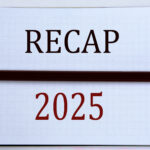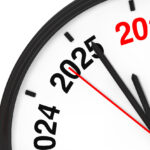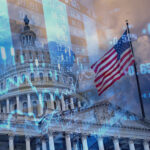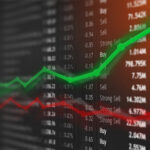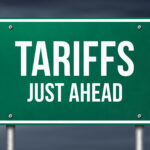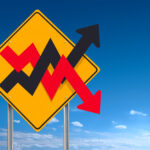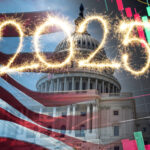May the Fourth Be with You!

It’s May the Fourth Day and its yet time again for the Bank of the Empire (Federal Reserve) to meet this afternoon. Top on its list of discussions is the interest rate hike schedule for the rest of the year as they are widely expected to raise interest rates by half a percentage point — the largest rate hike in more than two decades. It seems like the federal reserve has certainly used its own Jedi mind tricks for the past year and half as it has tried to tamper surging inflation while also trying to be gentle to the fragile economy as we emerged from the pandemic. Investors have been understandably rattled as they weigh the implication of a rising interest rate environment versus unchecked inflation. The fed is expected to hike interest rates even higher to bring inflation back from levels we haven’t seen in decades. It’s a hugely consequential policy decision that will affect virtually everything in the economy. The stock market is already having its worst start to the year since 1939 with the S&P 500 being down over 13% as of the end of April. Hiking rates is only making investors more antsy.
The Federal Reserve will raise interest rates by raising the federal funds rate. This is the average interest rate that banks pay each other for overnight loans. By raising the cost of borrowing between banks, the increased costs associated are passed along to consumers and seen in interest rates increasing. Investors are feeling much like when Luke Skywalker said to Obi-Wan- “I got a bad feeling about this”. A rising interest rate environment can negatively affect a company’s bottom line earnings, which can quickly lead to decline in valuation. Bonds are particularly sensitive to interest rate changes. When the Fed increases rates, the market prices of existing bonds immediately decline. That’s because new bonds will soon be coming onto the market offering investors higher interest rate payments. Businesses and consumers will likely cut back on spending when the cost to borrow money rises.
If raising interest rates feels like something that comes from The Dark Side, why are they doing it? The implications of leaving rock bottom interest rates are that eventually inflation begins to run unchecked. We have seen the effects this year at the grocery store, the gas pump, and department stores as prices have surged in many sectors. This is after the sugar rush frenzy that occurred after billions of dollars of stimulus hit the economy as interest rates remained in the historical lows. It was a perfect storm for inflation to eventually begin to run hot. The Fed’s intent in raising rates is to discourage spending just enough to bring down inflation, without tipping the economy into recession — what economists call a “soft landing.”
As you can see, the Federal Reserve must constantly balance the widespread implications of their policies. Today, they are meeting to discuss the aggressiveness and timing of future rate hikes. I am not a Jedi master; however, I think it is reasonable to expect continued volatility in the stock market as investors grapple the short and intermediate affects that a rising interest rate environment can bring. In the meantime, this could be a good opportunity to review your current portfolio. Some areas of the market tend to do very well or very poorly in rising interest rates, so you want to make sure your current allocations are still performing their intended purpose. As always, we are happy to help you, especially during these uncertain times. As Yoda once said “In a dark place we find ourselves, and a little more knowledge lights our way.
May the Fourth Be With You!
 ASHLEY ROSSER, PRESIDENT
ASHLEY ROSSER, PRESIDENT
Prior to her career in the financial services industry, Ashley earned her Bachelor of Science in Nursing from Cedarville University.
Ashley decided to make a career change from her ten years within the healthcare industry as a pediatric emergency room nurse to retirement and 401K investment planning. She joined Victory Wealth Partners in 2008 after obtaining her Series 65 professional financial license and went on to earn her AIF (Accredited Investment Fiduciary) professional designation from the Center for Fiduciary Studies.


